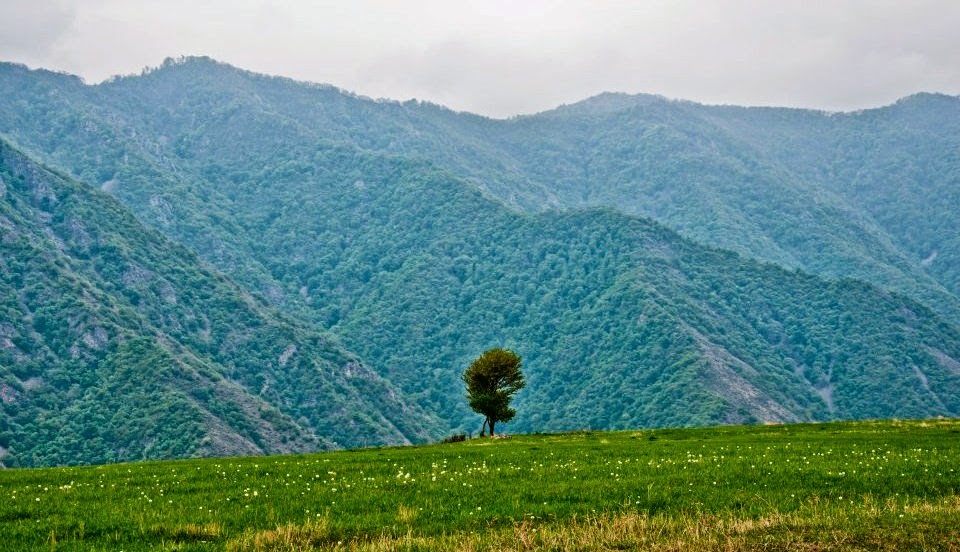The Nation and Seryozha
 |
| Requiem service in St. Nshan Church, Gyumri. Photo credit: Eric Grigoryan |
"Seryozha didn't make it."
This is the message that appeared on my computer screen as the sun was slowly setting in Yerevan on Monday. It had been a horrific week. We had been working excruciatingly long hours and were worn down by the immensity of the emotions we had been confronting. A shocking multiple murder had rocked the country. Six members, three generations of the Avetisyan family had been murdered in their home in Gyumri. But Seryozha, the beautiful baby boy who had miraculously survived the massacre even after being stabbed by a bayonet of a Russian soldier was still breathing, he was fighting to stay alive. He was our blessing. He was our hope.
It took a few seconds for the news to sink in. I buried my face in my hands to contain the sorrow and rage that seemed to be exploding from my heart. His soft, round face, his white skin, his dark hair, his angelic face...I sat at my desk, in front of my computer screen, paralyzed. Seryozha died and took our hope along with him. Our prayers, our pleas to the heavens to let this one child, this innocent victim of an incomprehensible crime survive. Survive to carry his family name, to grow up, thrive, love and be loved. He was and would be loved and protected by the nation.
Some may say we love to grieve and mourn, that melancholy is a national affliction. Perhaps it is. Perhaps it is a result of a century of sorrow. But this tragedy, the death of Seryozha touched a raw nerve from which it will be difficult to recover.
His death left us with a gaping hole in our hearts. Tomorrow he will be laid to rest next to his family. Maybe this world wasn't worthy of the purity he has come to symbolize. Maybe he needed to be with his family...
May Seryozha be the guardian angel for all of our children, for the children of the nation. May we all work harder, become better human beings, strive for love and peace in our lives, our country and our world. May your soul repose in peace Seryozha. Here is a lullaby to guide your journey.


.JPG)